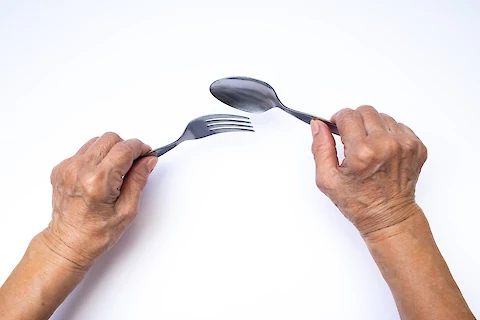
Keeping track of daily tasks is sometimes more difficult as we age. This is especially true for elderly relatives who may suffer from cognitive decline, physical illnesses, or the side effects of prescriptions. If you have noticed that your elderly relative isn't remembering if they've eaten during the day, it's important to be vigilant. You will want to find ways to help them get the nutrition they need.
Senior Helpers Westchester is an in-home senior care company servicing Mount Vernon, Yonkers, New Rochelle, Tarrytown, Bronxville, and Westchester County. We have put together this guide to help you understand why your senior loved one may not remember if they've eaten. We also provide strategies to ensure seniors are getting the nourishment they need.
Reasons Elderly Relatives May Not Remember If They've Eaten
There are many reasons why an elderly relative may not remember if they've had food during the day. Here are the four main causes:
- Cognitive Decline: As we age, our brains don't work like they once did. This can lead to memory issues, confusion, and difficulty tracking daily tasks like eating.
- Physical Illnesses: Certain physical illnesses can make it hard for an elderly relative to notice when they're hungry and eat regularly. This can include gastrointestinal changes or dental problems.
- Medication Side-effects: The side effects of prescription medications can also make it harder for elderly relatives to keep track of when they've had food.
- Social Isolation: Food and social interaction go hand in hand. Social isolation among your elderly relatives can lead to them forgetting to eat or opting for quick, less nutritious meals.
Strategies for Ensuring Elderly Relatives Are Eating
Since forgetting to eat can have serious health implications, it's vital to ensure that elderly relatives are taking in regular meals. Here are four simple strategies that can help:
Track Eating Habits
Make sure to keep track of when your senior loved one is eating and what they are eating. The use of a food diary to document daily dietary habits is a helpful tool for caregivers or relatives. This will give you a better idea if their nutrition is adequate and how to improve it.
Make Mealtimes Social
Encourage your elderly relative to make mealtime a social event by dining with family, friends, or neighbors when possible. It can make all the difference in how often they eat healthy meals.
Provide Nutritious Options
Offer seniors healthy and nutrient-rich options that are easy to prepare. Consider pre-made meals or ordering in if your elderly relative requires assistance.
Make Eating Easier
Consider purchasing utensils or dishes that are easier for your elderly relative to use. Large grip forks, spoons, knives, and other slip-resistant adaptive utensils can make eating simpler and a more pleasant experience for your loved one.
Senior Helpers Is Happy to Help
There are many factors that can lead to seniors not remembering if they've had food during the day. However, by tracking eating habits, making meals social, providing nutritious options, and making eating easier, you can make sure your elderly relative is taking in sufficient nourishment.
If you need help, reach out to Senior Helpers Westchester. Our professional in-home senior care services provide the resources, strategies, and support you need to keep your loved one healthy. We can also help determine if they qualify for local meal assistance programs. Contact Senior Helpers today and get started on the path to better nutrition for your elderly relative.